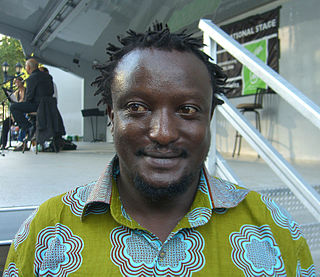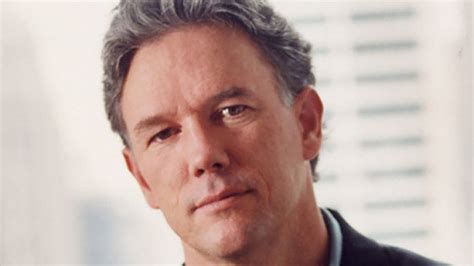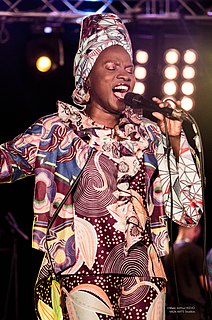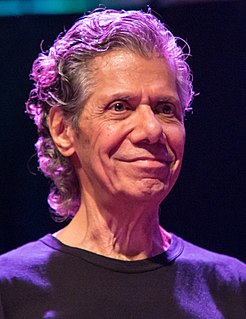A Quote by Binyavanga Wainaina
I like the idea of readers feeling a familiarity, whether its with Africa or childhood.
Related Quotes
It's completely different, for instance, to report on poor farmers in Africa than it is to report on, say, poor African-Americans. The familiarity of my readers with the terrain, and their preconceptions, are quite different in those two cases, and their perspective, as I imagine it, has to be taken into account at every turn.
I felt like lying down by the side of the trail and remembering it all. The woods do that to you, they always look familiar, long lost, like the face of a long-dead relative, like an old dream, like a piece of forgotten song drifting across the water, most of all like golden eternities of past childhood or past manhood and all the living and the dying and the heartbreak that went on a million years ago and the clouds as they pass overhead seem to testify (by their own lonesome familiarity) to this feeling.
I like filmmakers that try to touch upon the metaphysical, the things that are behind all this, that you can't actually physically interact with, but are somehow intuitively there. Maybe you can see the ashes of that fire or the echoes of something happening on a domain not-here, whether that be coincidence, whether that be familiarity with somebody who's a stranger.
The music of the westerner comes from Africa, whether they like it or not. The majority of the instruments of the music, of the pop music, rock and roll, or R&B, hip hop, whatever it is, their roots trace back to Africa. So if you are black, white, yellow, or red, whatever you do, it doesn't matter, because your DNA is back in Africa.
Taking the continent as a whole, this religious tension may be responsible for the revival of the commonest racial feeling. Africa is divided into Black and White, and the names that are substituted- Africa south of the Sahara, Africa north of the Sahara- do not manage to hide this latent racism. Here, it is affirmed that White Africa has a thousand-year-old tradition of culture; that she is Mediterranean, that she is a continuation of Europe and that she shares in Graeco-Latin civilization. Black Africa is looked on as a region that is inert, brutal, uncivilized - in a word, savage.


































